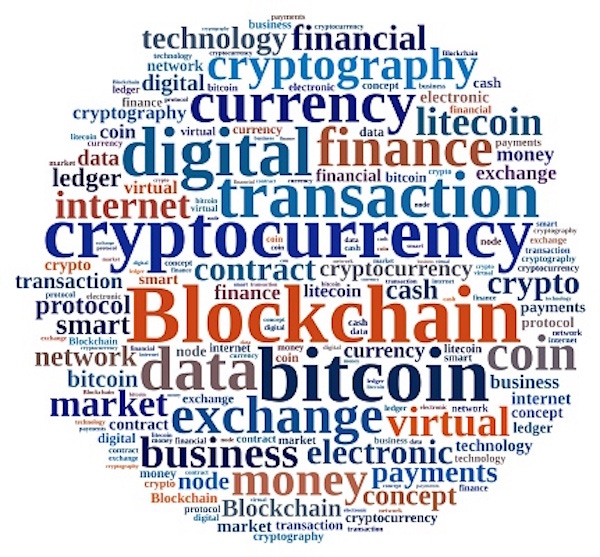Wondering what makes Bitcoin and other blockchain-based technologies so popular?

Wondering what makes Bitcoin and other blockchain-based technologies so popular? A large part of the answer is that blockchain does many of the same things as open source software.
That may sound like a confusing statement. Let me explain.
Blockchain and open source don’t share much in common genetically. The free and open source software movement was born long before anyone was talking about Bitcoin or envisioning blockchain as we know it today.
And although Bitcoin and many other blockchain projects, such as Ethereum and Hyperledger, are open source, there is no rule requiring blockchain technology to be open source.
Blockchain and open source
Still, it’s not a coincidence that many developers of blockchain frameworks have chosen to open-source their code. They have done so because the philosophy and goals behind the open source movement overlap in significant ways with those of blockchain communities.
Consider the following attributes that are shared by many open source advocates as well as proponents of blockchain:
Transparency. Blockchain provides a public, transparent way to keep records. Open source software enables a very similar transparency, by allowing anyone to inspect source code.
Decentralization. Blockchain eliminates the need for a central authority to keep track of transactions, just as open source allows source code to be developed and distributed across a large, decentralized network.
Efficiency. There are good reasons to argue that open source is a more efficient way to develop code. It frees developers from having to reinvent the wheel, and it maximizes the intellectual diversity and creativity that goes into a project. Similarly, blockchain is arguably a more efficient way to keep track of transactions because it requires minimal overhead and lead-time to share information.
Low cost. Open source software isn’t always free of cost, but it often is. While blockchain platforms sometimes cost money to use or entail small transaction fees, blockchain can be attractive from a cost perspective. Depending on how it is used, blockchain often allows organizations to cut out middlemen when making transactions, thereby lowering costs.
Again, it would be a mistake to think of blockchain and open source as intertwined ecosystems from a technological or historical perspective.
But philosophically, open source and blockchain have much in common.
Explaining What Makes Blockchain So Popular
So, if you’re wondering why blockchain (which is now about much more than Bitcoin, by the way) is growing in popularity across sectors that range from international finance to digital media, open source provides crucial perspective. People are embracing blockchain today for the same reasons they grew to love open source two decades ago.
About the Author(s)
You May Also Like


